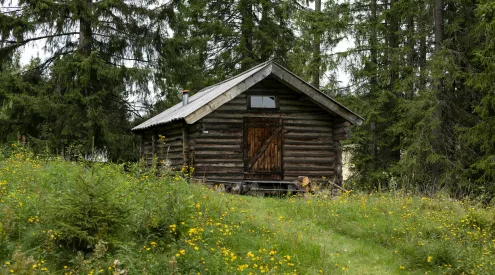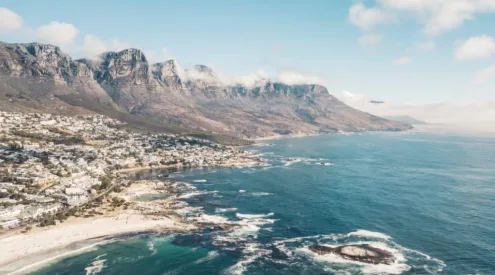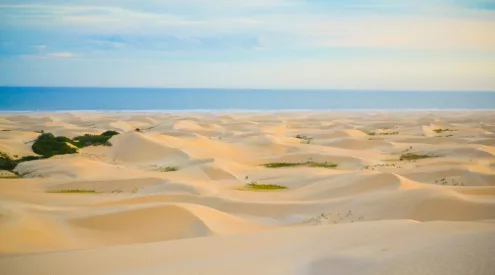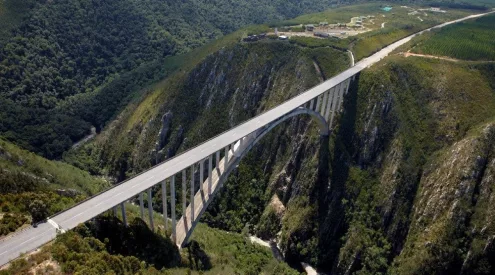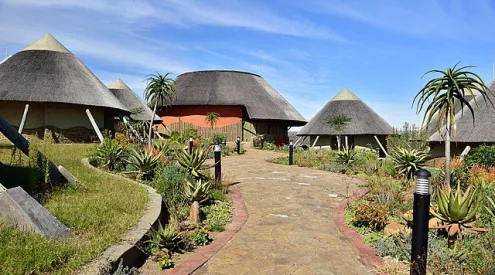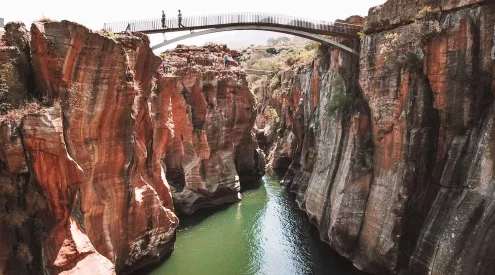Sardines are winter’s gift to Durban, every year a glittering deep-sea wave rolls up the east coast and enters the warm waters of KwaZulu-Natal. The sardine run has been likened to the great wildebeest migration across the Serengeti. It’s national geographic wonder and a spectacular marine event proudly referred to by locals as ‘the greatest shoal on earth’.
What makes this mass exodus of tiny fish so phenomenal is that it attracts one of the most remarkable underwater feasts. Following the run in hot pursuit is a teaming swarm of hungry predators. Sharks, dolphins, gannets and game fish are among the contenders vying for a sardine meal, they too travel in abundance and from far afield. Resident pods of common dolphins multiply into thousands, cape fur seals leave colonies from further down the coast and brooding ragged tooth sharks venture out of southern pole waters to breed.
The feeding frenzy is no ordinary line-up and attack. It is an intelligent and calculated stake out. Dolphins and copper sharks work together to herd throngs of sardines into a bait-ball, a combination of sonar and effervescence stuns them into confusion and lends to a gobbling free-for-all. From above, a squawking whirling feather troupe, dive bombs into the ocean emerging with beak-fulls of panicked pilchards. This is the type of scene that divers wait year round to witness and it has generated a thriving industry promising underwater action.
On-shore the fever pitch is equally high with the Natal Sharks Board responsible for pulling out the nets before a tidal wave of predators get snagged and killed. There is even a sardine hotline to call and find out what beaches are protected and where to get a rare sighting of beached sardines. For the fishermen it’s a chance to make a quick buck, they line the south coast with walkie-talkies and plastic crates, ready to heave and haul. Wide eyed and fish hungry droves flock to the waters edge, bundling t-shirts full for an evening braai or a roadside sell.
The scrabble for sardines is heightened by the fact that no one knows when to expect their arrival. By rule, they are cold-water fish and belong in the ocean lapping the hook of Africa. This is where the cool Benguela current nourishes their survival and why there are bait and bokkom factories dotted along the coastline. During the winter months, cold fronts and heavy seas feed a pulsing upwelling of the warm Agulhas current, enabling a cool band of water to flow inshore and leak millions of sardines up the coast. It’s a tricky phenomenon to monitor, one of natures curious offerings that still boggles the minds of marine biologists.
The sea, as we all know, has a mind of its own and the promise of sardines can sometimes be an empty one. But when the Indian Ocean opens its arms, a snaking silhouette of sardines is embraced. From above it looks like a dark cloud streaking the blue, just as herds of antelope colour the savanna black. But from below it’s a steaming seafood platter, a seasonal treat and a feast for all.
If you want to experience the sardine run by ‘land, sea and air’ contact south coast tourism for details, tel 039-682-7944 and check out www.sardinerun.co.za for Sardine Festival activities and celebrations.


